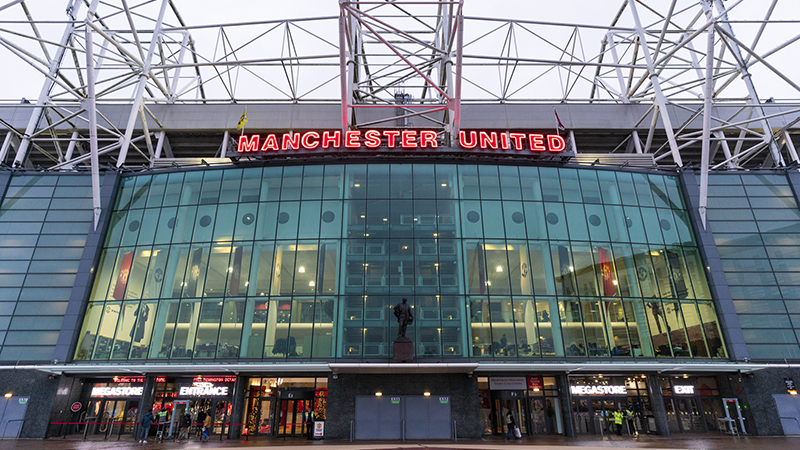Finsbury Growth & Income manager Nick Train has said he is undecided on the future of the trust’s stake in football club Manchester United after INEOS acquired a quarter of the club’s shares.
The football club was subject to intense speculation over the last 18 months since being put up for sale by the Glazer family, who own the vast majority of Manchester United’s shares.
A protracted bidding process saw Sir Jim Ratcliffe’s INEOS compete with Qatari billionaire Sheikh Jassim, with the latter aiming to buy the Glazers’ entire stake in the club. Ultimately, INEOS announced an agreement to acquire 25% of the family’s shares for $33 (£26.06) a share on 24 December, totalling over £1bn.
INEOS has also offered to buy 25% per cent of the Class A shares, which are listed and traded on the New York Stock Exchange.
See also: Will healthcare overtake AI as the top investment theme in 2024?
The deal was preferred to other rival bidders seeking to acquire majority ownership of the club.
According to Finsbury Growth’s annual report, the club makes up 2% of the trust’s £1.6bn portfolio.
Speaking at the trust’s AGM in London on Tuesday (23 January), Train said: “I would have anticipated there would have been a transaction which involved 100% of the company.
“We assumed there was going to be a full offer for this company and we were hoping to crystallise a big premium. But as you well know, that is not what has transpired. There’s going to be a further decision on whether we want to retain the remainder of our holding. I haven’t decided that yet.”
See also: Nick Train lists Diageo and Burberry as biggest disappointments in 2023
He added: “I do think that, if there was no offer at all and the Glazers said they just can’t find a buyer for any part of the company, the share price would be notably lower than it is today.
“At least there has been a transaction. It places the highest value ever accorded to a football club in history of over £4bn. At least we get to turn a minimum of a quarter our holding into cash at that premium price. I’m not putting out the bunting, but it could be worse.
“We’ll see where the ship settles. Evidently, the Glazers want to crystallise the fullest value they possibly can for that family asset… They still own [69%] after this deal and they’ve said $33 is the minimum they’re prepared to sell at.” Train said that, on that evidence, there was an argument to suggest a patient approach could provide a bigger return.
Manchester United was first added to the Finsbury Growth portfolio in 2017 for under $17 a share. At the time, Train said the holding gave the trust a toehold in an arms race between content providers like Amazon and Netflix and traditional broadcasters, with the fund manager believing the battle to hold the broadcasting rights for live sports would drive the share price of one of world sport’s best known names higher.
The trust currently trades at a 6.6% discount, according to the Association of Investment Companies. The trust is a top-quartile performer over the last 10 years, returning 94.2% compared to the AIC UK Equity Income sector average of 48.2%. However, it has underperformed over one and three years.











